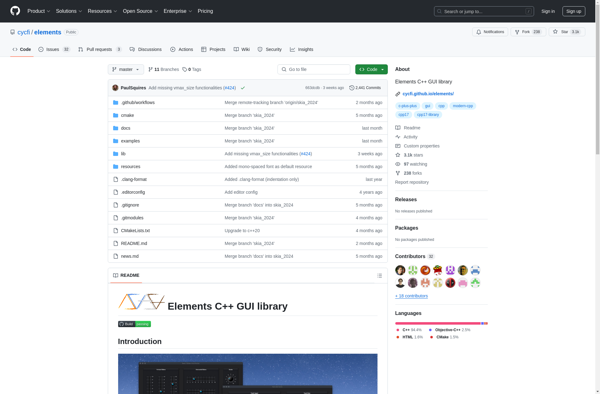PortAudio

PortAudio: Cross-Platform Open-Source Audio I/O Library
PortAudio is a free, cross-platform, open-source audio I/O library. It allows developers to easily write audio software that works on many platforms including Windows, Mac, Linux and UNIX without needing platform-specific code.
What is PortAudio?
PortAudio is an open-source cross-platform audio I/O library designed for audio software developers. It provides a simple, common API that works on many platforms including Windows, Mac, Linux and UNIX without requiring the developer to write any platform-specific code.
Some key features of PortAudio:
- Works seamlessly across all supported platforms.
- Low latency suitable for audio processing applications.
- Supports many native audio APIs like WASAPI, DirectSound, ASIO, ALSA, Core Audio.
- Compatible with a wide range of languages including C, C++, Python, .NET and more.
- Permits access to both input and output audio devices like microphones, speakers, sound cards, etc.
- Available as source code or pre-built binary packages.
- Free and open source (MIT license).
PortAudio is commonly used for developing audio plug-ins, software synthesizers, effects processors, streaming audio engines and cross-platform audio utilities. Its platform-independent design makes it easy to write reusable audio code without needing special per-platform implementations.
PortAudio Features
Features
- Cross-platform audio I/O
- Supports many APIs like DirectSound, CoreAudio, WASAPI, ASIO, ALSA
- Blocking and callback data transfer mechanisms
- Supports multiple audio backends
- Low latency audio
- Sample rate conversion
Pricing
- Open Source
Pros
Cons
Official Links
Reviews & Ratings
Login to ReviewThe Best PortAudio Alternatives
Top Audio & Music and Audio Libraries and other similar apps like PortAudio
Here are some alternatives to PortAudio:
Suggest an alternative ❐JUCE
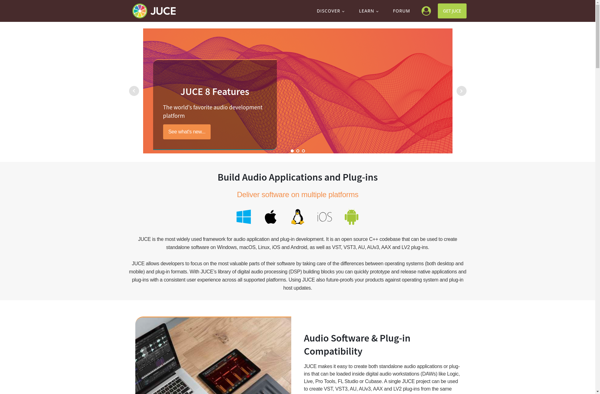
Wwise
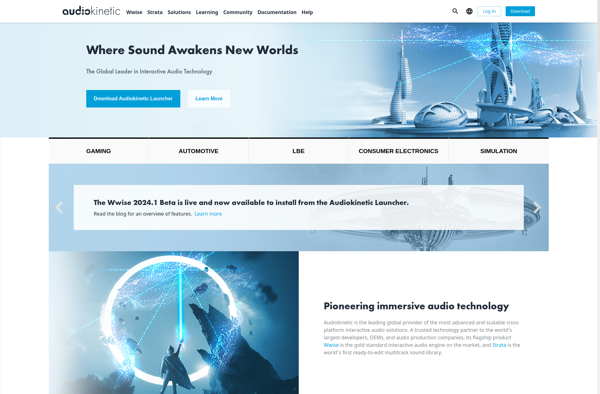
FMOD Ex
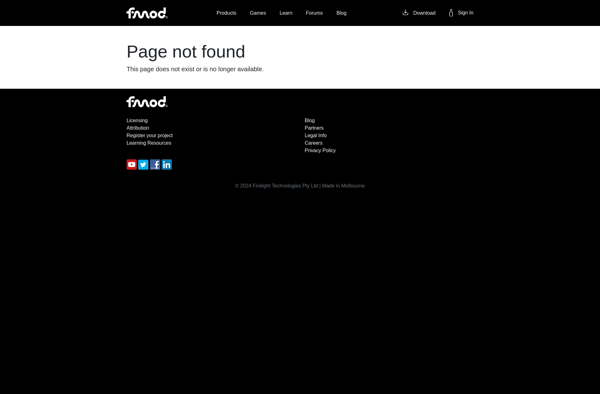
SoLoud
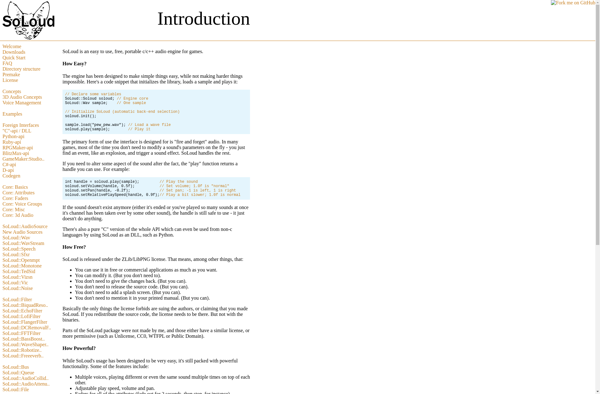
Elements C++ GUI
